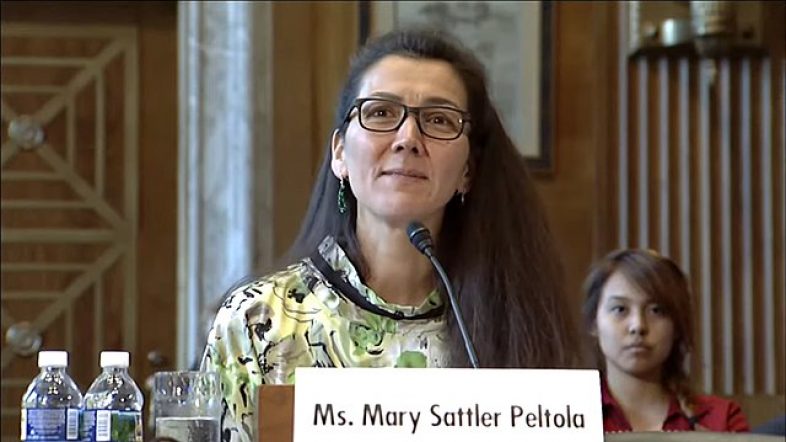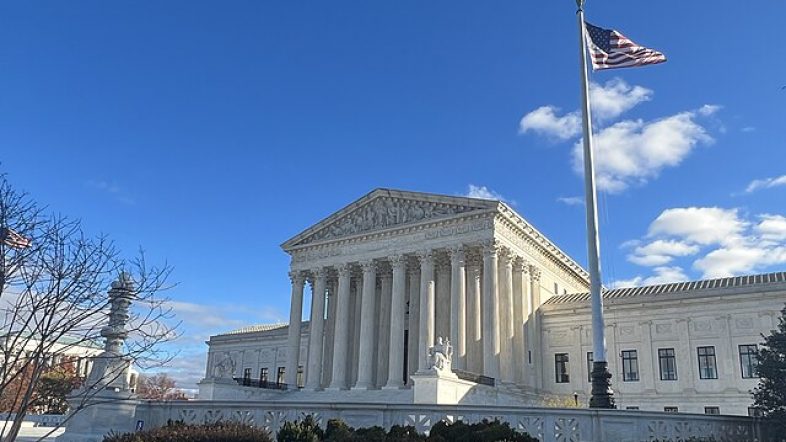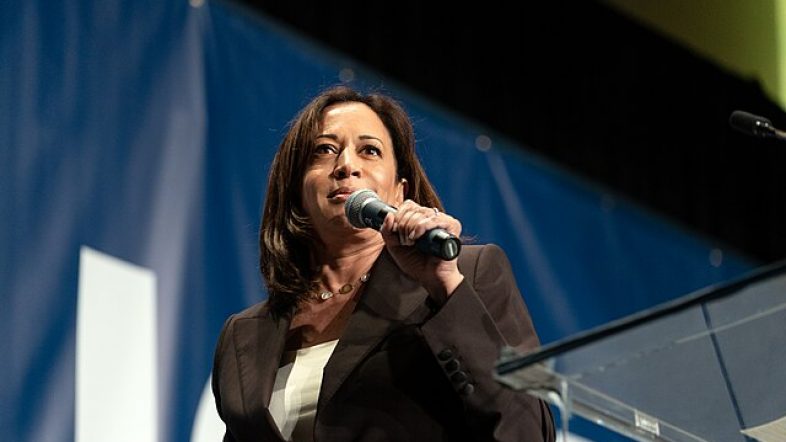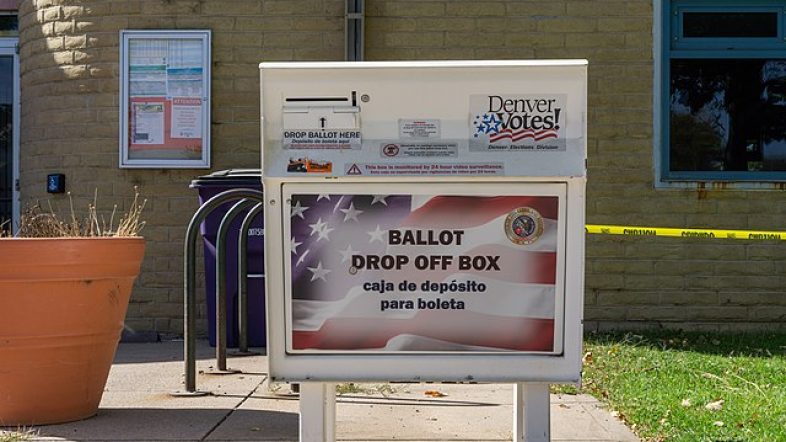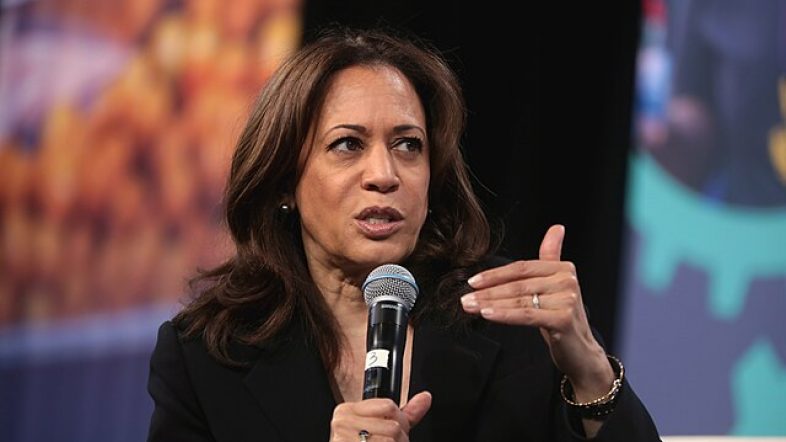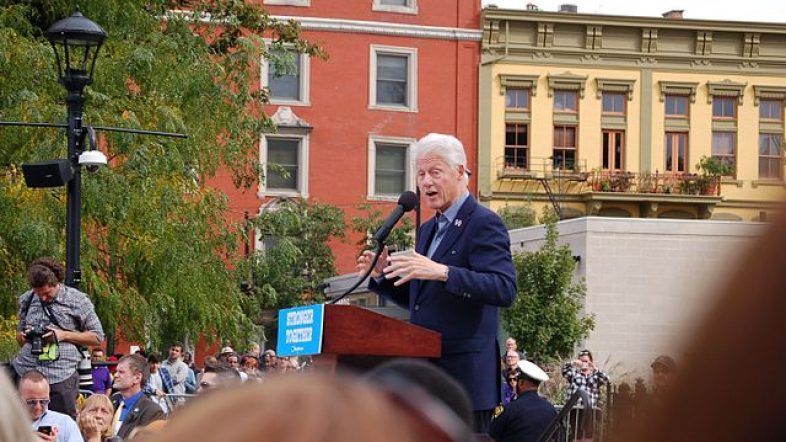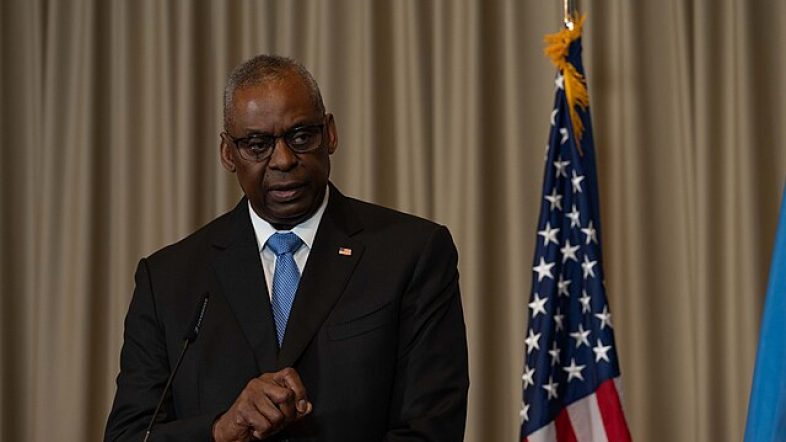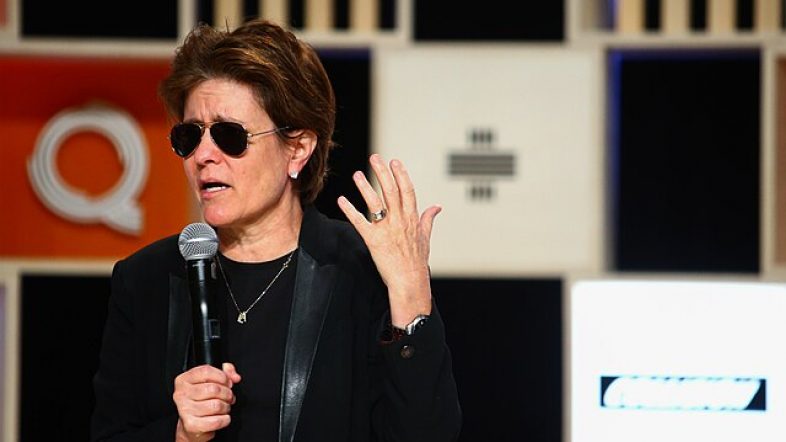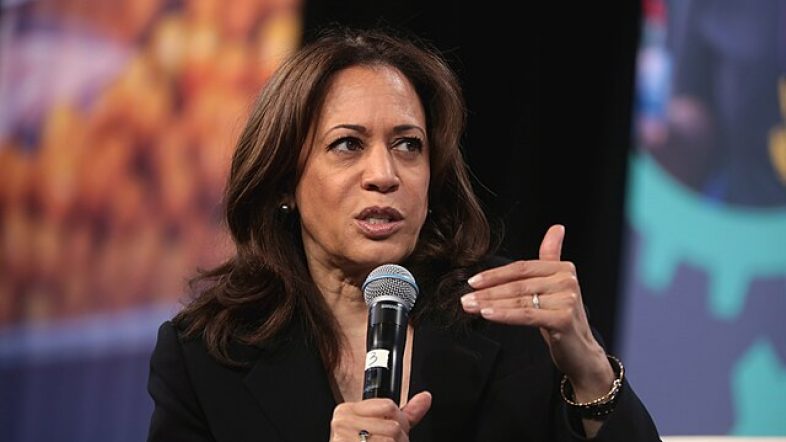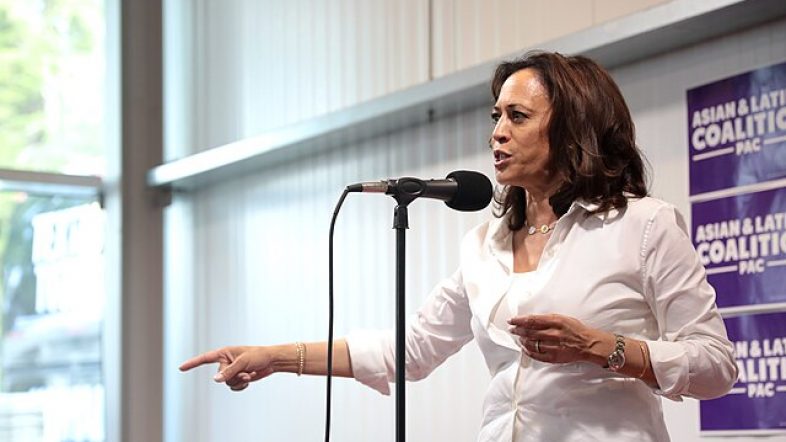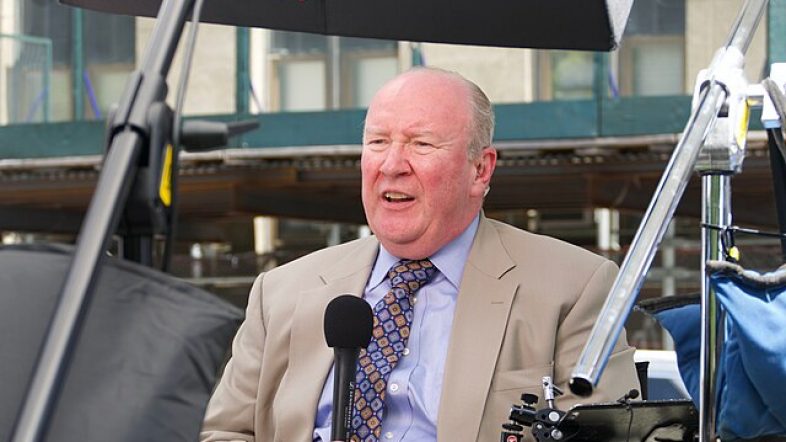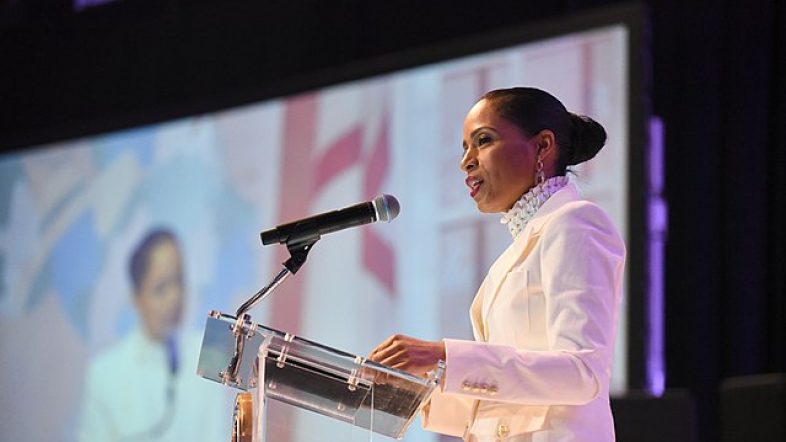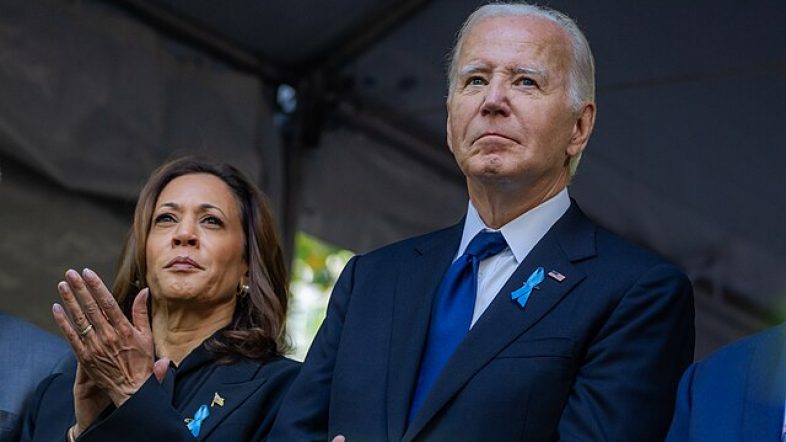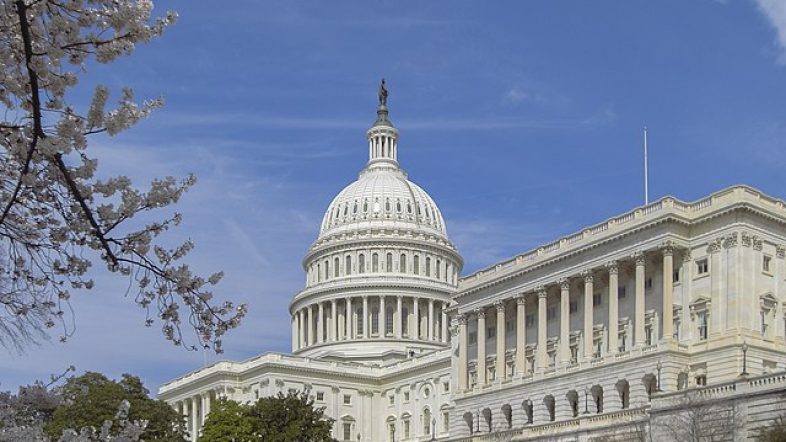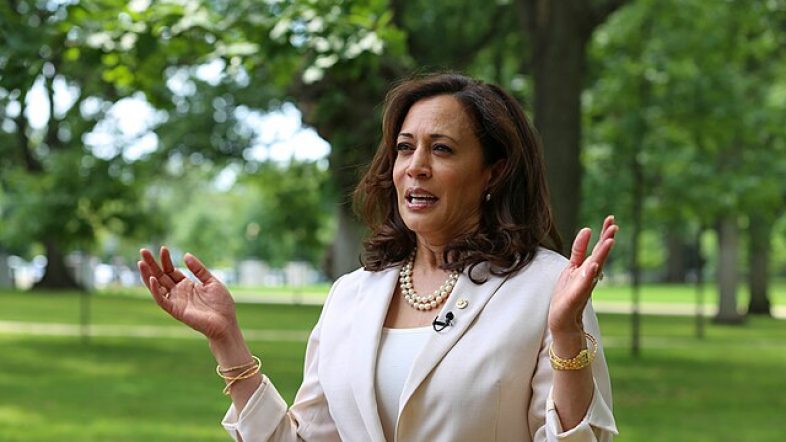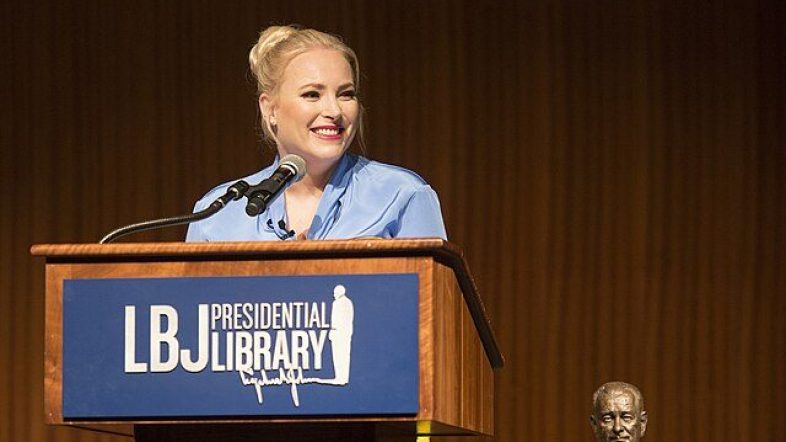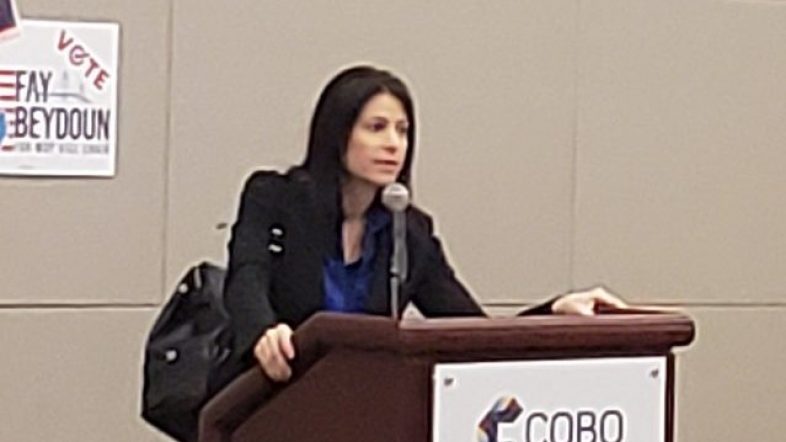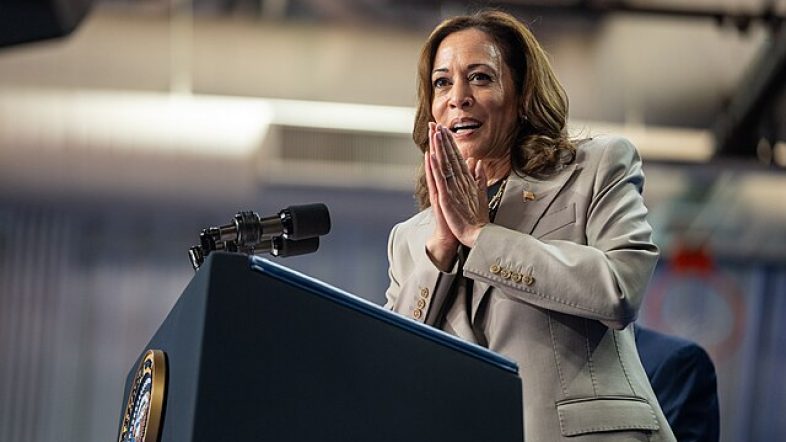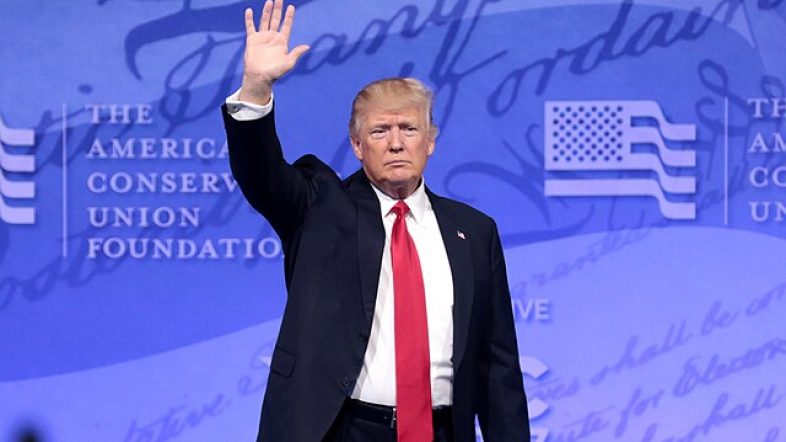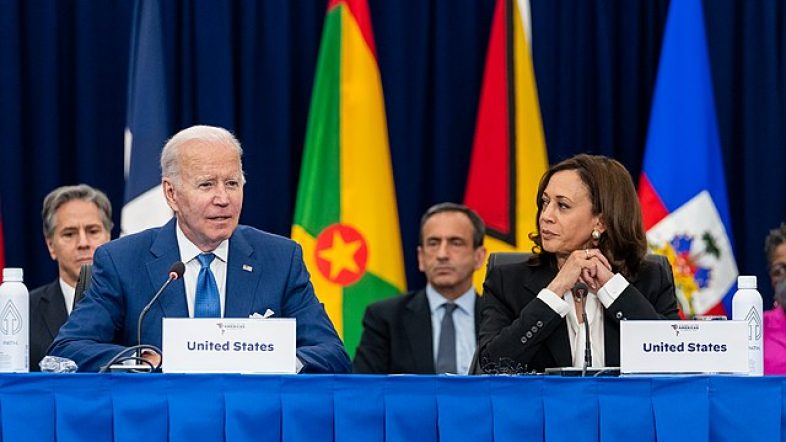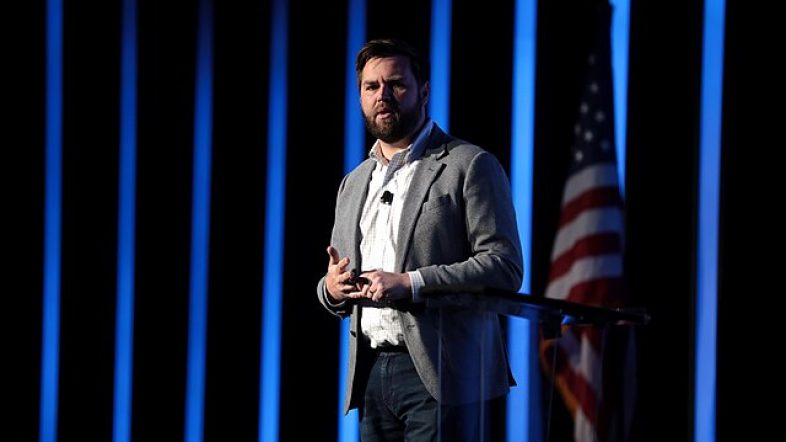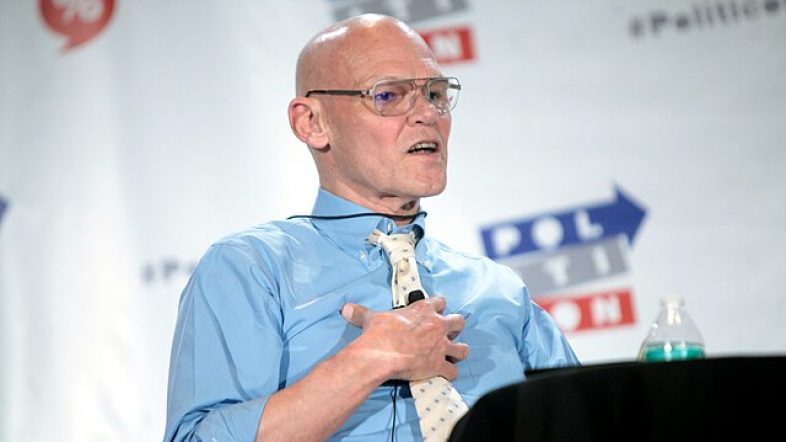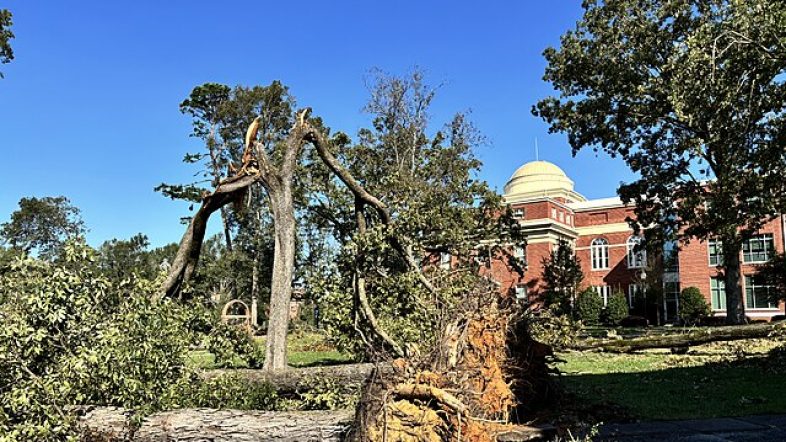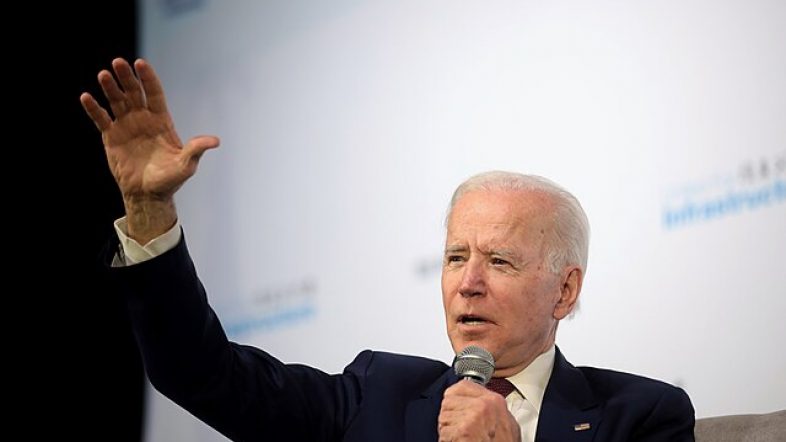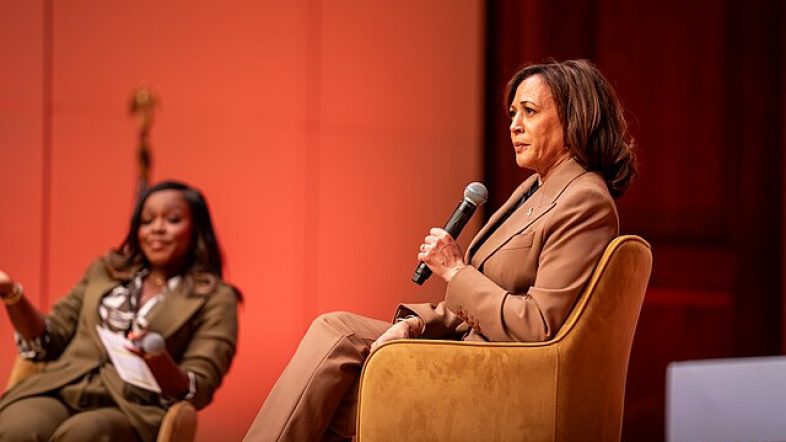Even at a time when our nation is deeply divided, Americans of all political stripes can agree we don’t like political elites trying to tell us what to do. It is fundamentally un-American.
But Ranked-Choice Voting (RCV) is exactly that – an attempt by liberal elites to quash the voices of political opponents they consider “extreme” and give candidates they deem more acceptable an unfair electoral advantage.
Ensuring conservatives cannot win elections as a goal of RCV was made clear at a recent hearing of an Illinois Elections Task Force. One of the witnesses, Alaska State Sen. Cathy Sen. Giessel told the task force the voting method is a way to eliminate “the extremes” of both parties, ensuring that conservatives lose most of the time statewide. The 2022 midterms in Alaska exemplify the success of eliminating “extreme Republicans,” since most of the statewide winners were either Democrats or moderate Republicans. Since Alaska has nearly twice as many registered Republicans as Democrats, it appears RCV gives Democrats a disproportional advantage over Republicans.
In 2022, Democrat Mary Peltola, a relatively unknown political candidate who served as director of an inter-tribal fish commission, defeated former Alaska Gov. Sarah Palin and Nick Begich in an RCV election for a congressional seat. Peltola “won” the election despite receiving fewer than 50 percent of the votes cast, while Palin and Begich combined to receive over 50 percent of the votes cast. Palin later described RCV voting as “the weirdest, most convoluted and most complicated voter suppression tool that Alaskans could have come up with.”
But Alaskans didn’t “come up” with RCV. Alaska State Rep. Sarah Vance told the task force RCV came from Australia to the U.S. in the 1920s as a way to eliminate political parties. Because RCV was designed for the parliamentary system, where there are many parties, it does not work well in this country’s historic 2-party system.
Rep. Vance, said under RCV elections, Alaska experienced extremely low voter turnout – one of the lowest in the state’s history, significant ballot exhaustion and delays in reporting results. RCV is convoluted by design. As stated by Rep. Vance in her testimony, the voting method is “focused on the results of an election, rather than the voter.” By focusing on the results, RCV leaves behind minority, elderly, and other voters who are “already least likely to participate.”
In addition, RCV is problematic for states such as Alaska with a high percentage of minority voters. The task force had scheduled testimony from the author of a study showing how RCV disproportionately disenfranchises minority voters but removed him at the last minute. For voters to have their ballots fully tabulated, they must both understand the ballot and fully rank every candidate in every race. When voters fail to rank every candidate in every race, officials stop tabulating the ballots and discard them in a process called “exhaustion.”
In the study released earlier this year with support from the Center for Election Confidence, Princeton Prof. Nolan McCarty found minorities’ ballots are exhausted at a higher rate than non-minority voters’ ballots. Dr. McCarty found, across several elections in New York and Alaska, that there were “consistent correlations between the ethnic and racial composition of a precinct and the share of exhausted ballots. These correlations are especially large when there are large numbers of candidates and when there are not strong co-ethnic candidates in the race.”
Another study, conducted by the Foundation for Government Accountability, found that the average RCV contest included “upwards of 20 candidates” running for offices.
Maine’s Democrat Secretary of State Shenna Bellows, a supporter of RCV, admitted in the hearing RCV has numerous logistical challenges to overcome, including ballot design, staff training, vote counting, and logistics for securely transporting ballots.
In addition, Bellows admitted the counting process lacks transparency as well as oversight. She explained that under RCV voters have limited access to the vote count results, and the Secretary of State has ultimate authority to overrule municipalities’ determinations.
Under RCV, Maine centralized vote counting in Augusta. If a candidate wins outright at the municipal level, that ends the election, however, if multiple counts are needed, centralizing the process both unnecessarily delays reporting of end results and may inject a perception of impropriety. It took 6 days after Maine’s 2022 election to announce the winner in congressional races.
Utah panelist State Rep. Katy Hall told lawmakers RCV elections in Utah have not lived up to promises. Instead, they have reduced confidence and turnout, increased confusion, and increased the time required to vote. These problems are consistent with findings from the Foundation for Government Accountability.
RCV elections were so unpopular in Alaska that citizens have gathered enough signatures to put a question on the November ballot asking voters to ban RCV from all future elections and return to a traditional plurality election.
While elections are partisan, the administration of elections should not be. But RCV is an election scheme that favors the elites and quashes the voices of those they deem “extreme.” It is un-American in every way and ought to be rejected by Illinois lawmakers.
Sara Frankenstein on March 24, 2024


